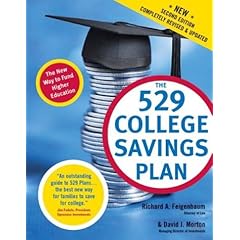
By: Sara Sindelar
Credit Card companies have always been tricky in getting as much money as they possibly can out of a cardholder. There are 5 ways that card companies really get you. First is rate hikes where they automatically increase your borrowing rate without telling you. Second is adding on new fees to your card. These can include inactivity fees, annual fees, monthly fees, overcharging fees, these can be endless. Third is making a higher monthly minimal payment jumping from 2% to 5% without any advance notice till you receive your bill asking for more money. Fourth is decreasing the amount of rewards you get for swiping your card. Lastly is decreasing your credit limit. A lot of consumers have complained about purchasing something and getting their card denied. The card companies will also cancel your card if it is inactive as a safety precaution but not good when you go to use it and it is denied. These added fees and increases in payments are really hurting cardholders especially those who are living pay check to paycheck and rely on credit cards to make it through.
Congress is working on a reform bill that came out in May for credit card companies to stop all of their pricey tricks. The first part, which will start in February, will put limits on when issuers can raise rates on existing balances and new cards. Congress is hoping that this bill will help credit card holders but there is a great fear that the companies will keep finding ways around it to make a profit.
http://www.thedenverdailynews.com/article.php?aID=6195
http://www.fortmorgantimes.com/ci_13674428
http://money.cnn.com/galleries/2009/news/0910/gallery.credit_card_evil_things/index.html











































